Throughout history, certain scientists have changed the way we understand the world. Their discoveries and ideas have paved the way for advancements in technology, medicine, and countless other fields.
These scientists were not just brilliant minds; they were pioneers who challenged the status quo, questioned long-held beliefs.
In this article, we’ll explore 15 of the most influential scientists of all time, whose contributions set endless impact in the history of science.
15 Greatest Scientists (Short Description)
- Isaac Newton (1643-1727): Isaac Newton formulated the laws of motion and universal gravitation, laying the groundwork for classical physics.
- Albert Einstein (1879-1955): Albert Einstein developed the theory of relativity, revolutionizing our understanding of space, time, and energy.
- Marie Curie (1867-1934): Marie Curie discovered radioactivity, leading to significant advancements in medical treatments and earning two Nobel Prizes.
- Charles Darwin (1809-1882): Charles Darwin proposed the theory of evolution by natural selection, changing the way we view the development of life on Earth.
- Galileo Galilei (1564-1642): Galileo Galilei made pioneering contributions to modern astronomy, including the improvement of the telescope and support for the heliocentric model.
- Nikola Tesla (1856-1943): Nikola Tesla invented the alternating current (AC) system, which became the standard for electricity distribution worldwide.
- James Clerk Maxwell (1831-1879): James Clerk Maxwell formulated the theory of electromagnetism, unifying electricity, magnetism, and light.
- Rosalind Franklin (1920-1958): Rosalind Franklin’s X-ray crystallography work was crucial in discovering the double-helix structure of DNA.
- Richard Feynman (1918-1988): Richard Feynman made significant contributions to quantum mechanics and was known for his ability to explain complex scientific concepts.
- Louis Pasteur (1822-1895): Louis Pasteur developed the germ theory of disease and created vaccines, transforming the field of medicine.
- Stephen Hawking (1942-2018): Stephen Hawking advanced our understanding of black holes and cosmology, becoming one of the most renowned physicists of the 20th century.
- Gregor Mendel (1822-1884): Gregor Mendel is known as the father of modern genetics for his groundbreaking work on inheritance using pea plants.
- Ada Lovelace (1815-1852): Ada Lovelace is recognized as the first computer programmer for her work on Charles Babbage’s Analytical Engine.
- Michael Faraday (1791-1867): Michael Faraday discovered electromagnetic induction, laying the foundation for electric motor technology.
- Johannes Kepler (1571-1630): Johannes Kepler formulated the laws of planetary motion, which became fundamental to our understanding of the solar system.
1. Isaac Newton (1643-1727)
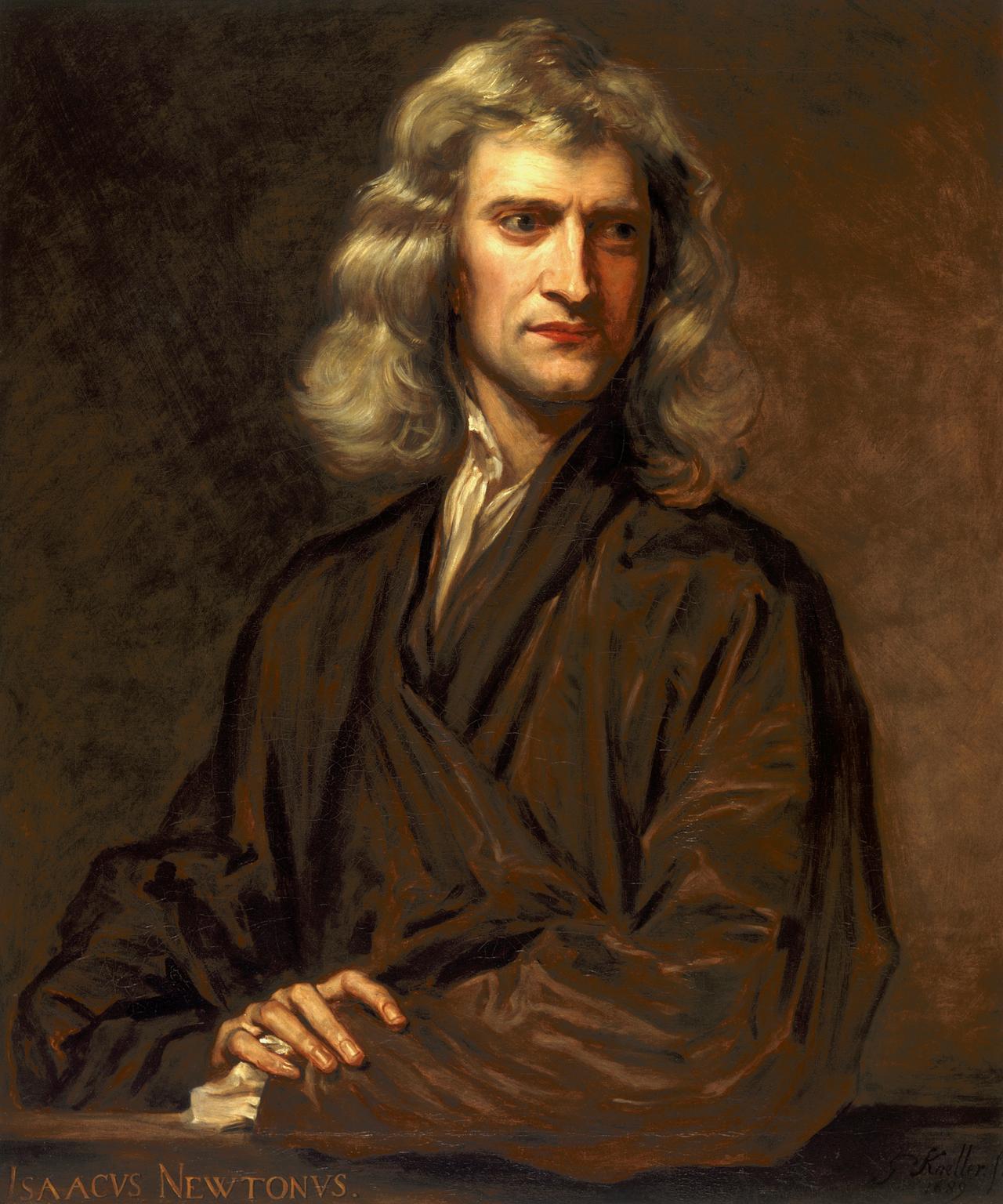
Isaac Newton changed how we understand the physical world. His laws of motion and gravity are still taught today. Newton also invented calculus and made advancements in optics.
Newton’s curiosity led him to create a better telescope. This helped him study the nature of light. His work laid the foundation for modern physics.
Newton’s ideas continue to influence many areas, including engineering and space exploration. His contributions are a cornerstone of science and he stand at the top among best scientist.
Read more: Top 10 Isaac Newton Inventions & Revolutionary Discoveries
2. Albert Einstein (1879-1955)
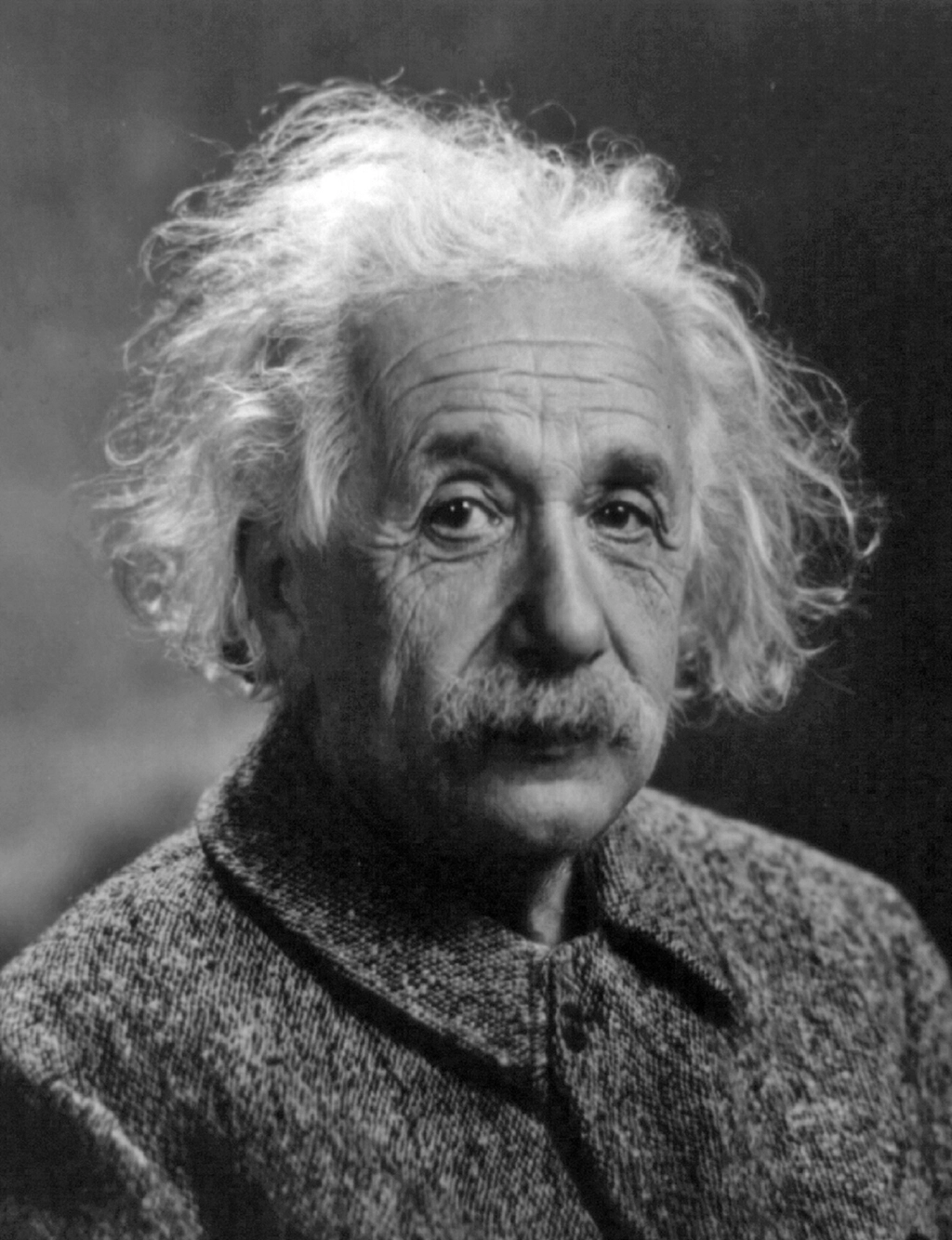
Albert Einstein is best known for his theory of relativity. This theory revolutionized our understanding of space, time, and energy. His equation, E=mc², became one of the most famous equations in the world.
Einstein’s work went beyond relativity. He made significant contributions to quantum mechanics, explaining the photoelectric effect. This work earned him the Nobel Prize in Physics in 1921, solidifying his place in history.
Einstein’s influence wasn’t limited to science. He was also a vocal advocate for peace and human rights. His thoughts on ethics and philosophy continue to inspire many people around the world.
3. Marie Curie (1867-1934)
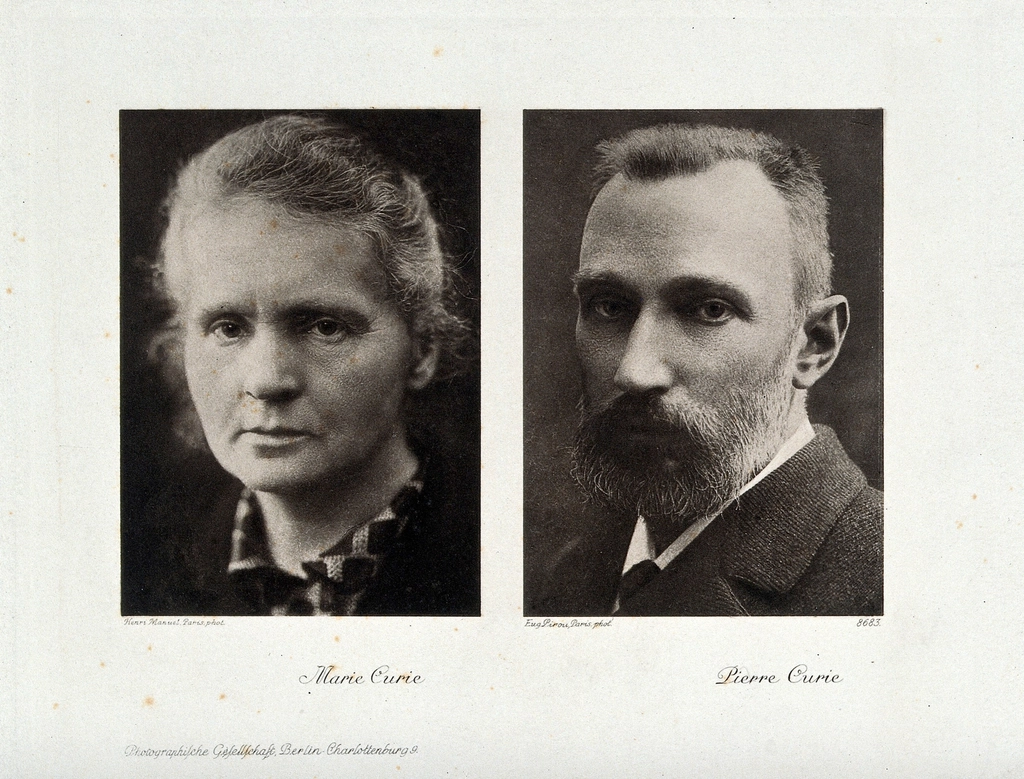
Marie Curie was the first woman to win a Nobel Prize. She discovered radioactivity, which changed science forever. Her work earned her two Nobel Prizes in different fields.
Curie worked in tough conditions, often risking her health. Her discoveries are still used in medicine today, especially in cancer treatment.
Marie Curie also broke barriers for women in science. She inspired many women to pursue careers in research.
Read More: Top 15 Amazing Facts About Famous Scientists
4. Charles Darwin (1809-1882)
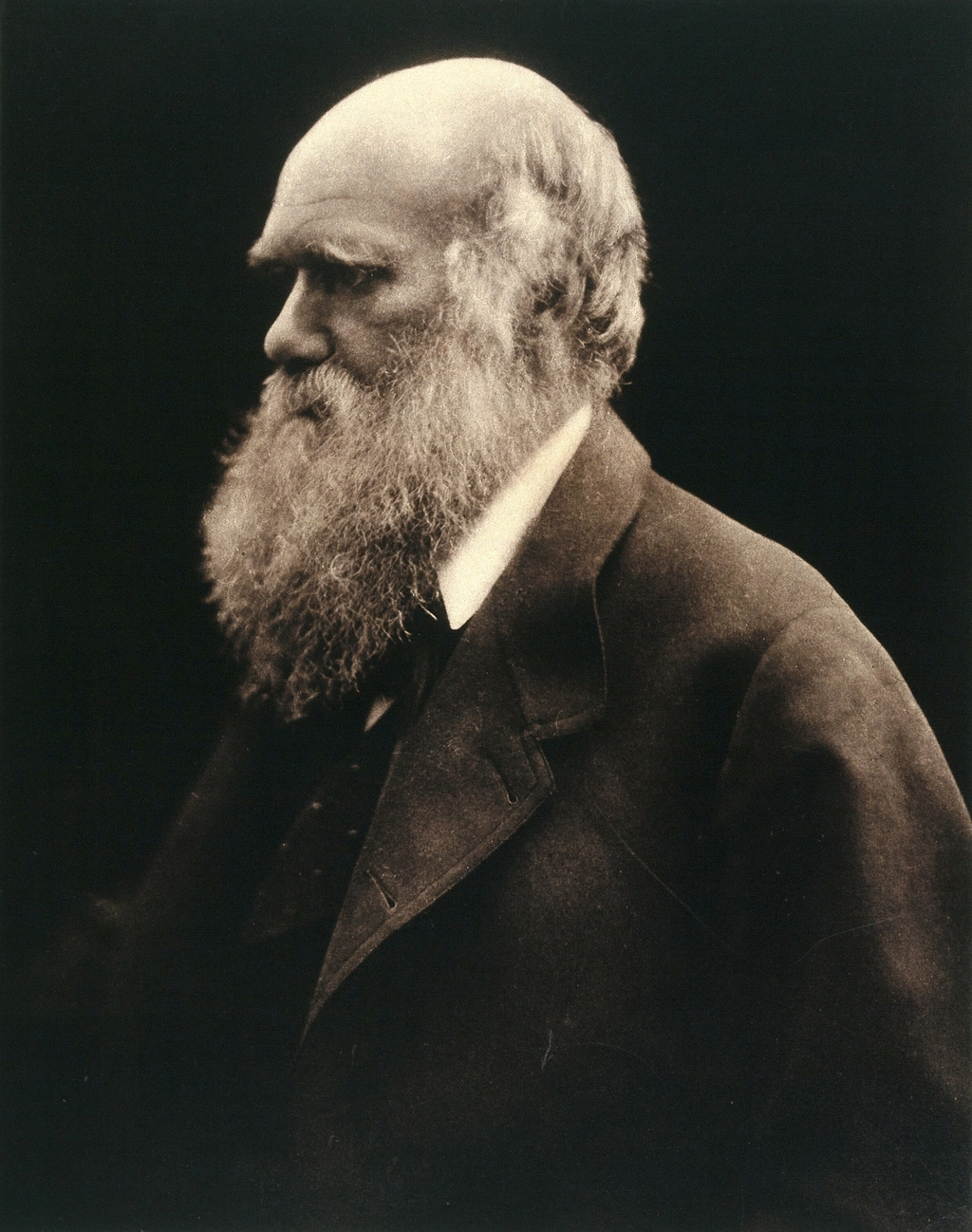
Charles Darwin developed the theory of evolution by natural selection. This theory explained how species change over time. His book, “On the Origin of Species,” is still a key text in biology.
Darwin’s ideas came from his observations on the HMS Beagle. He studied the diversity of species, especially on the Galápagos Islands, leading to his groundbreaking theory.
Though controversial at the time, Darwin’s work is now fundamental to modern science. It continues to influence various fields of study.
5. Galileo Galilei (1564-1642)
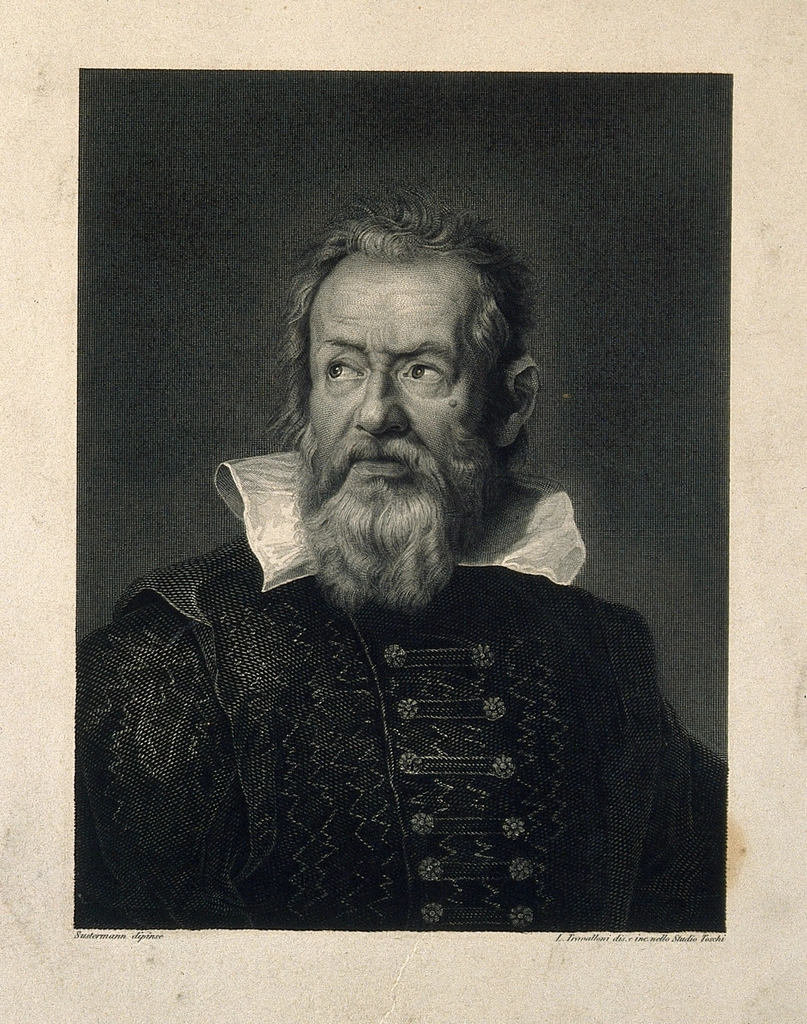
Galileo Galilei was a key figure in astronomy. He supported the idea that the Sun is at the centre of the solar system, which was against the common belief of his time. This led to his trial and house arrest.
Galileo made significant improvements to the telescope. His observations, like the moons of Jupiter, supported the heliocentric model.
Galileo’s work laid the foundation for modern astronomy. He remains a symbol of scientific integrity and courage.
Read more: What did Galileo discover?
6. Nikola Tesla (1856-1943)
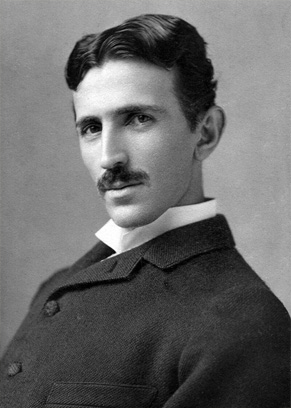
Nikola Tesla revolutionized the world with his inventions. He developed the alternating current (AC) electrical system, which we still use today. Tesla’s ideas were crucial for the spread of electricity.
Tesla was also a futurist. He imagined wireless communication and free electricity for all. His rivalry with Thomas Edison highlighted the intense competition in the field.
Despite financial struggles, Tesla’s impact on technology is huge. His inventions continue to inspire modern engineers.
Read More: Top 15 AI Applications That Are Revolutionizing Industries
7. James Clerk Maxwell (1831-1879)
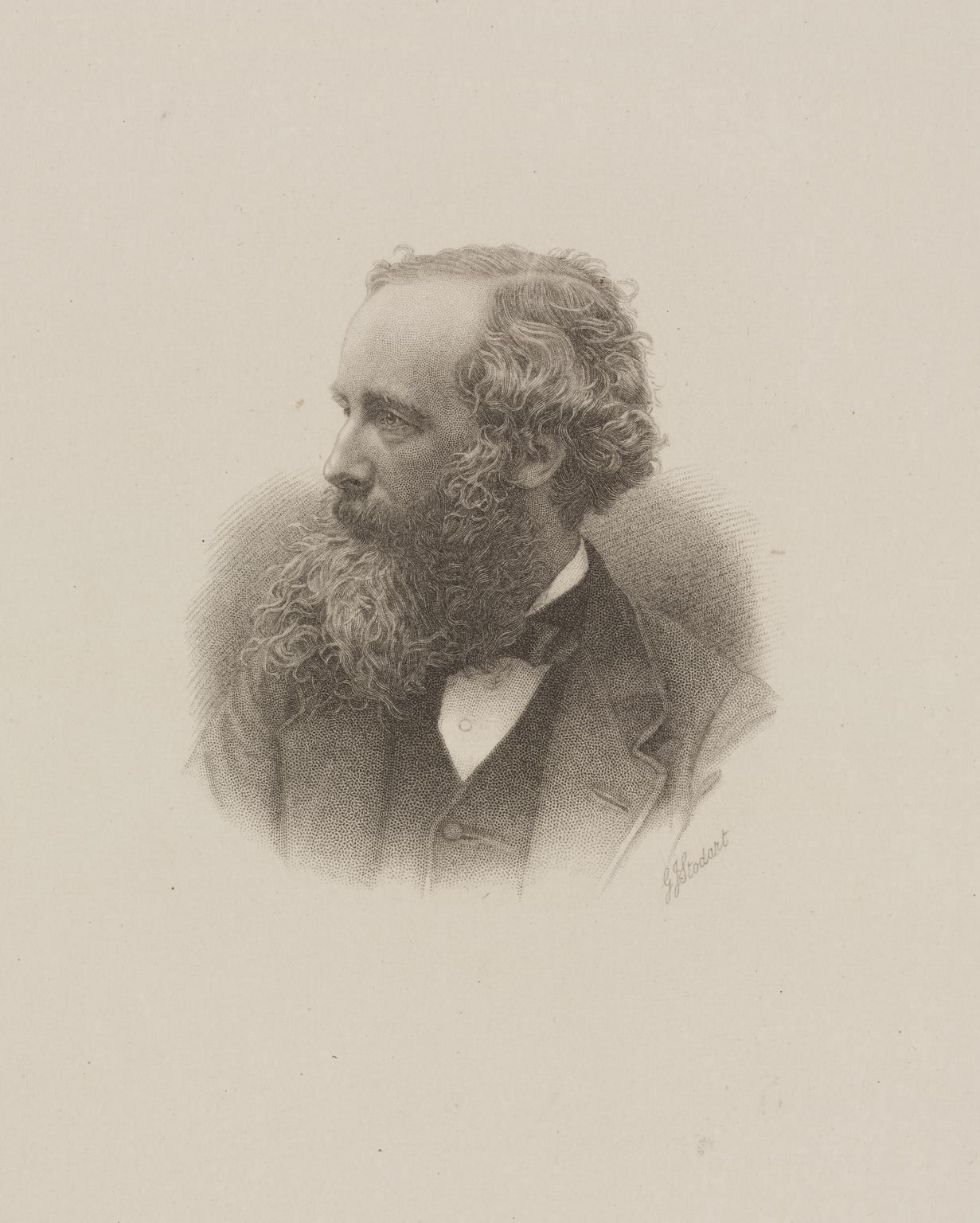
James Clerk Maxwell’s work in electromagnetism was groundbreaking. His equations showed how electric and magnetic fields interact. This led to the theory of electromagnetic radiation.
Maxwell’s work is the basis for many modern technologies. Radio, television, and wireless communication all trace back to his discoveries.
Maxwell’s contributions are fundamental to physics. His influence is still felt in science education and research.
8. Rosalind Franklin (1920-1958)
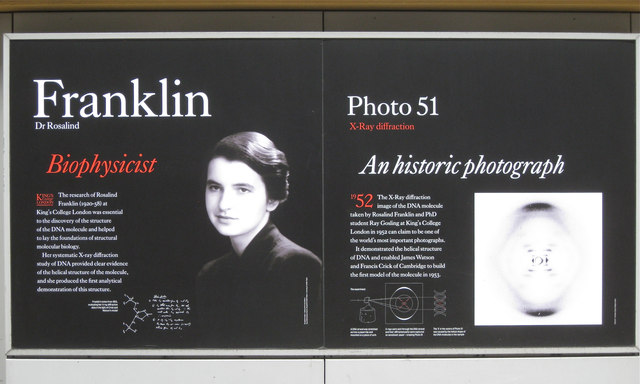
Rosalind Franklin was key in discovering the structure of DNA. Her work in X-ray crystallography provided the evidence needed to understand the double helix. Sadly, her contributions were not fully recognized during her lifetime.
Franklin’s research was meticulous. She produced “Photo 51,” which was crucial in identifying the DNA structure. Her work laid the groundwork for modern genetics.
Franklin’s legacy is a reminder of the importance of recognizing all contributions in science. She continues to inspire women in the field.
9. Richard Feynman (1918-1988)
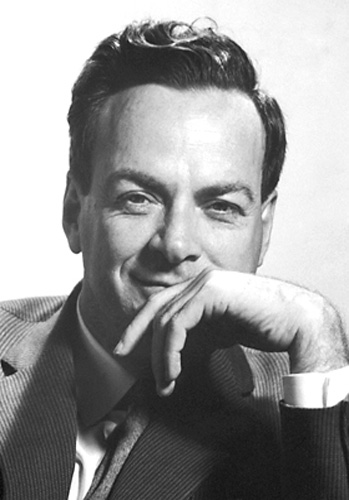
Richard Feynman made major contributions to quantum mechanics. His work in quantum electrodynamics earned him the Nobel Prize in Physics. Feynman had a gift for making complex ideas simple.
Feynman was also a great teacher. His books and lectures made physics exciting and understandable. He was known for his playful approach to science.
Feynman’s influence extends beyond his scientific achievements. His books, such as “Surely You’re Joking, Mr. Feynman!” continue to inspire people to explore science with curiosity and creativity.
Read more: Who Is Richard Feynman? The Curious Character Who Mastered Thinking and Physics
10. Louis Pasteur (1822-1895)
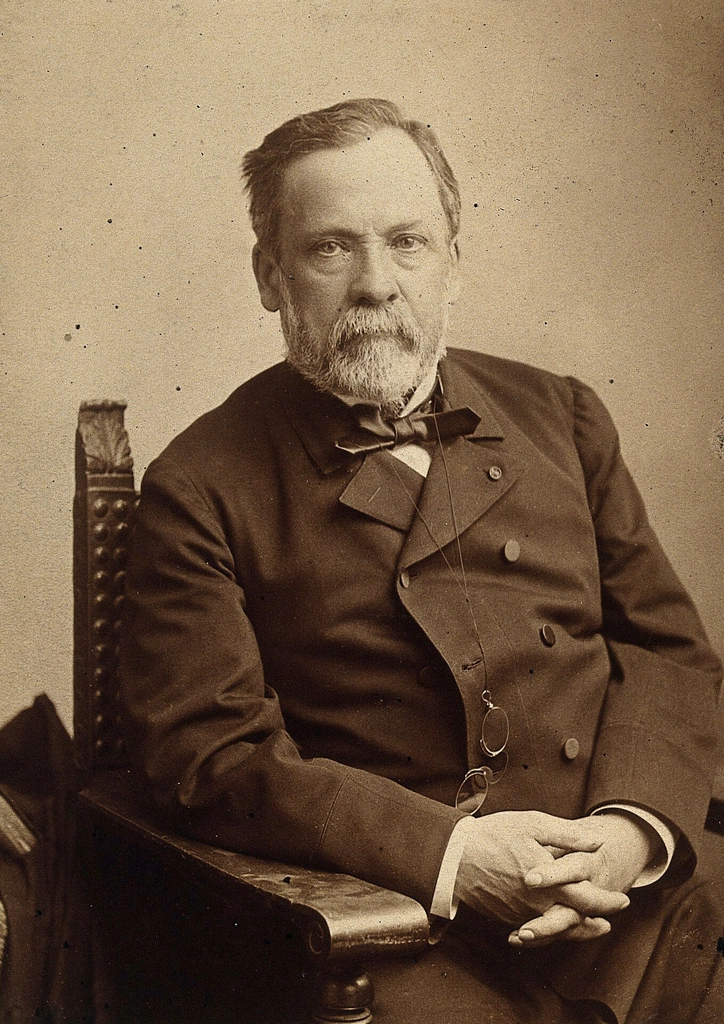
Louis Pasteur’s work in microbiology had a significant impact on public health. He developed the germ theory of disease, which revolutionized medicine. Pasteur’s discoveries led to the development of vaccines and improved hygiene practices.
Pasteur is also known for inventing the process of pasteurization, which prevents the spoilage of food and drinks. His work has saved countless lives by reducing the spread of infectious diseases.
Pasteur’s legacy is evident in the modern world, where his principles continue to guide public health practices. His contributions to science and medicine remain vital to this day.
Read More: Impact of AI: 15 Key Facts You Must Know About AI’s Influence on Our World
11. Stephen Hawking (1942-2018)
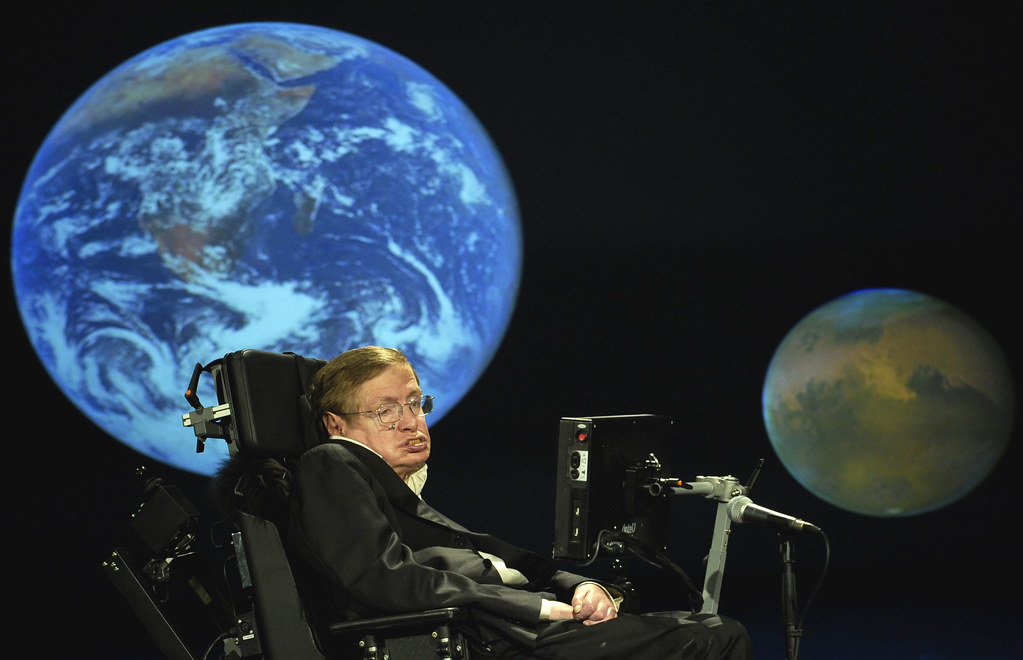
Stephen Hawking made significant discoveries about black holes and the universe. His work captured the imagination of people worldwide.
Hawking was able to explain complex ideas in a way that was easy to understand. His book, “A Brief History of Time,” introduced millions to the wonders of the universe.
Despite living with ALS, Hawking continued to work and inspire others. His determination and love for science made him a respected figure.
12. Ada Lovelace (1815-1852)
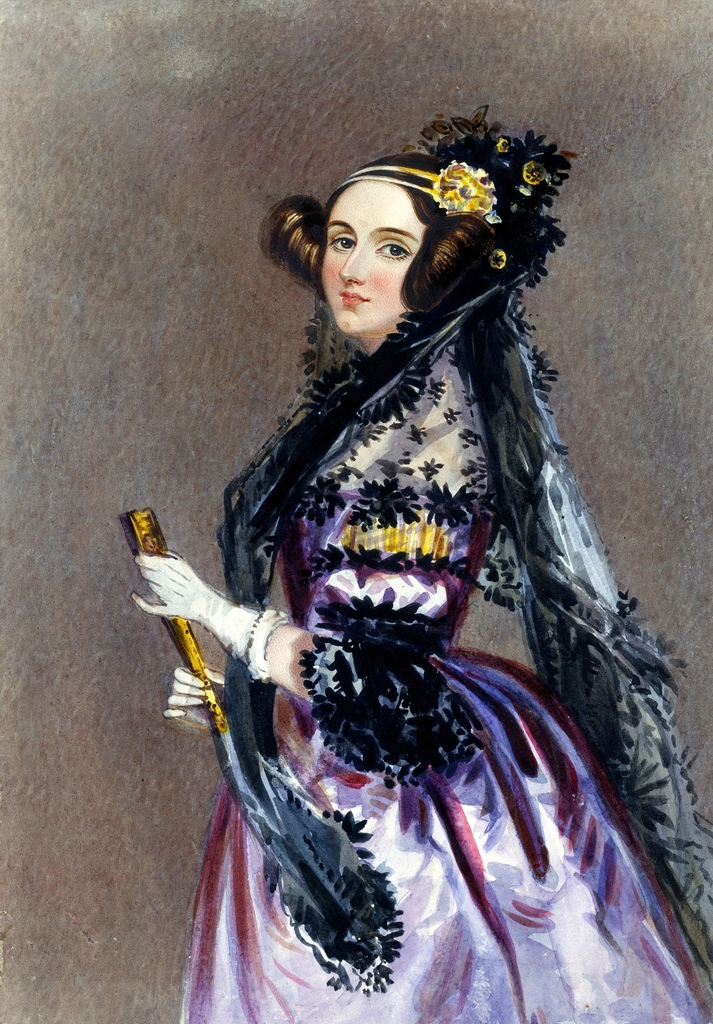
Ada Lovelace is often regarded as the first computer programmer. She worked on Charles Babbage’s early mechanical general-purpose computer, known as the Analytical Engine. Lovelace’s visionary ideas about the potential of computing were far ahead of her time.
Lovelace’s work involved creating algorithms that the machine could use, making her the first person to write what we now call a computer program. Her notes on Babbage’s machine were detailed and forward-thinking.
Lovelace’s contributions have earned her a place in history as a pioneer in computer science.
13. Gregor Mendel (1822-1884)
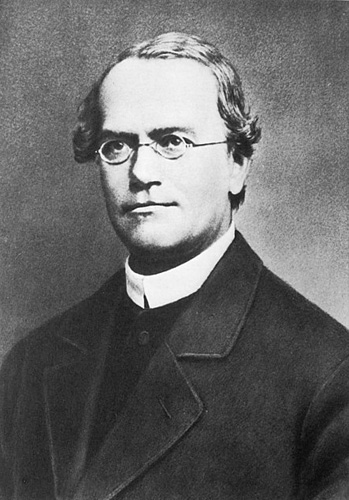
Gregor Mendel is the father of modern genetics. His experiments with pea plants led to the discovery of the basic principles of heredity. Mendel’s work became the foundation of genetics.
Mendel showed how traits are passed from one generation to the next. His discoveries influence biology, medicine, and agriculture today.
Mendel’s contributions were only recognized after his death. His work remains essential in the study of genetics and one can not deny his prominence as top scientist of the history.
Read more: Gregor Johann Mendel: From peasant to priest, pedagogue, and prelate
14. Michael Faraday (1791-1867)
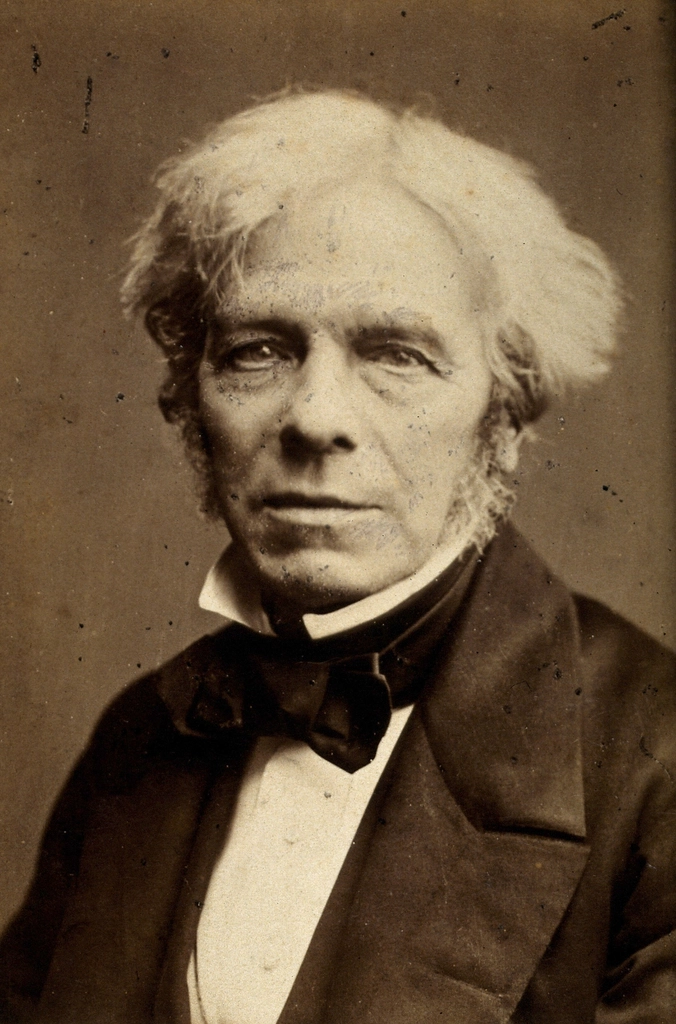
Michael Faraday made major discoveries in electromagnetism and electrochemistry. He invented the electric motor, a crucial part of modern technology. Faraday’s work is the foundation of our understanding of electricity and magnetism.
Faraday’s journey into science was unconventional. He had little formal education but was driven by a deep curiosity. His ability to translate complex ideas into simple terms made him an effective communicator of science.
Faraday’s legacy lives on in the many devices that use electricity. His work remains a key part of science education.
Read More: Top 15 AI Myths Busted | What You Need to Know
15. Johannes Kepler (1571-1630)
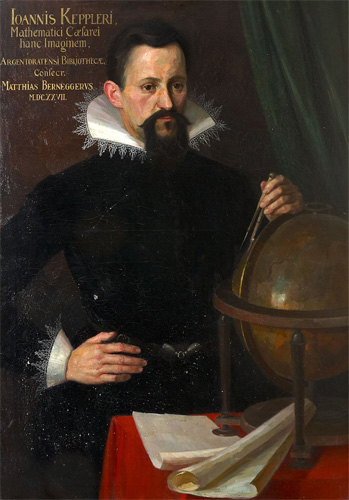
Johannes Kepler discovered the laws of planetary motion, which describe how planets orbit the Sun. His work provided the foundation for Isaac Newton’s theory of gravitation. Kepler’s discoveries were crucial in advancing our understanding of the solar system.
Kepler’s dedication to science was evident in his meticulous calculations and observations. He faced significant challenges, including the loss of family members and financial difficulties, but remained committed to his work.
Kepler’s laws continue to be fundamental in our study of the cosmos. His discoveries inspire astronomers even today.
Final note:
The work of these 15 scientists has made a lasting impact on history. They’ve advanced science, expanded our understanding of the universe, and shown us our place in it. Each pioneer brought unique insights and a passion for discovery, shaping human progress. Their legacy inspires new generations of scientists, reminding us that curiosity and dedication can lead to endless possibilities.
15 FAQ’s (Frequently Asked Questions):
-
What was Isaac Newton’s contribution to calculus, and how did it affect mathematics?
Isaac Newton, along with Gottfried Wilhelm Leibniz, is credited with the development of calculus. This branch of mathematics is crucial for understanding changes and rates of change, impacting everything from physics to economics.
-
How did Albert Einstein’s photoelectric effect theory support the quantum theory of light?
Albert Einstein’s work on the photoelectric effect demonstrated that light behaves as discrete packets of energy called photons. This provided critical support for the emerging quantum theory and helped establish quantum mechanics.
-
What was Marie Curie’s impact on the field of radioactivity beyond her Nobel Prizes?
Marie Curie’s pioneering work on radioactivity led to the development of X-ray machines used in medicine. Her research also paved the way for cancer treatments using radiation therapy.
-
How did Charles Darwin’s observations during the Galápagos Islands expedition contribute to his theory of natural selection?
Darwin’s observations of diverse species on the Galápagos Islands provided key evidence for his theory of natural selection. He noted variations in species that adapted to different environments, leading to his groundbreaking ideas on evolution.
-
What was Galileo Galilei’s role in confirming the heliocentric model of the solar system?
Galileo Galilei used his improved telescope to observe celestial phenomena such as Jupiter’s moons. His findings supported the heliocentric model proposed by Copernicus, challenging the geocentric view held by the Church.
-
How did Nikola Tesla’s AC power system revolutionize electricity distribution?
Nikola Tesla’s development of the alternating current (AC) system allowed for efficient long-distance electricity transmission. This technology is the basis for modern electrical grids and power systems.
-
What specific contributions did James Clerk Maxwell make to the field of electromagnetism?
James Clerk Maxwell formulated the set of equations now known as Maxwell’s equations, which describe how electric and magnetic fields interact. These equations are fundamental to understanding electromagnetic waves and radio technology.
-
What key experiment did Rosalind Franklin conduct that was crucial to the discovery of DNA’s structure?
Rosalind Franklin used X-ray diffraction to capture images of DNA, which revealed the molecule’s helical structure. Her data were critical in deciphering the double-helix structure of DNA, as later described by Watson and Crick.
-
How did Richard Feynman’s work on quantum electrodynamics (QED) influence modern physics?
Richard Feynman’s development of quantum electrodynamics (QED) provided a comprehensive theory for how light and matter interact. QED is a cornerstone of modern particle physics and has had broad applications in various scientific fields.
-
What specific vaccines did Louis Pasteur develop, and how did they change public health?
Louis Pasteur developed vaccines for rabies and anthrax, which were groundbreaking in preventing deadly diseases. His work laid the foundation for modern immunology and has saved countless lives.
-
How did Stephen Hawking’s work on black holes challenge existing theories in physics?
Stephen Hawking proposed that black holes emit radiation, now known as Hawking radiation. This theory challenged the idea that nothing could escape a black hole and has significant implications for understanding the universe.
-
What are Gregor Mendel’s laws of inheritance, and how did they advance the study of genetics?
Gregor Mendel’s laws of inheritance describe how traits are passed from parents to offspring through dominant and recessive alleles. These principles form the basis of classical genetics and were fundamental in the development of modern genetic science.
-
What was Ada Lovelace’s contribution to Charles Babbage’s Analytical Engine, and why is it significant?
Ada Lovelace wrote the first algorithm intended to be processed by Charles Babbage’s Analytical Engine. Her work is considered the first computer program, making her a pioneer in computing.
-
How did Michael Faraday’s work on electromagnetic induction contribute to the development of electric generators?
Michael Faraday’s discovery of electromagnetic induction showed how a changing magnetic field can induce an electric current. This principle is essential for the operation of electric generators and transformers.
-
What were Johannes Kepler’s major contributions to our understanding of planetary motion?
Johannes Kepler formulated three laws of planetary motion that describe how planets orbit the sun in elliptical paths. These laws provided critical evidence for the heliocentric theory and laid the groundwork for Newton’s laws of motion.




